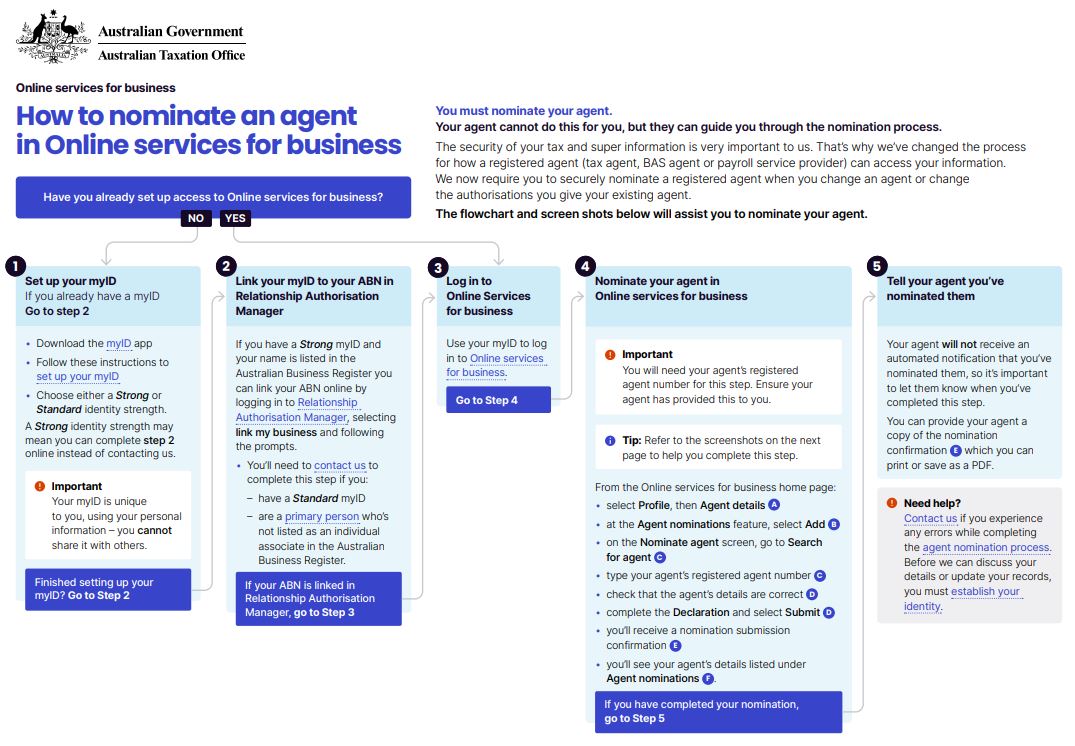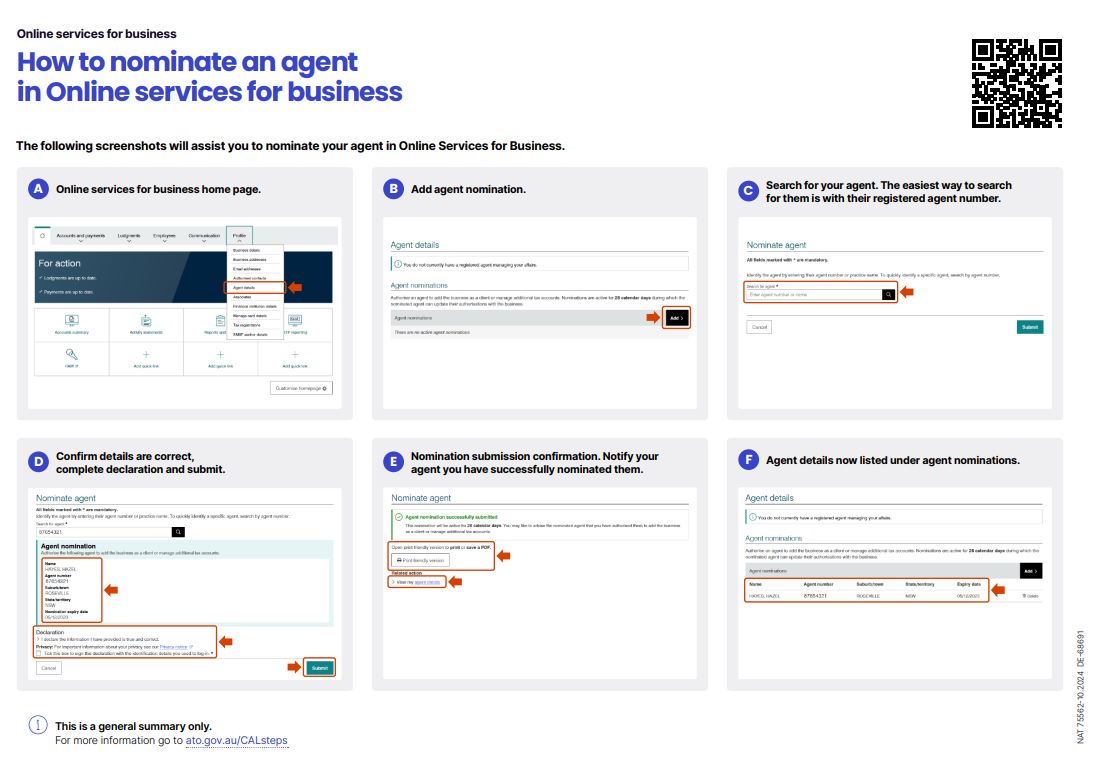Chartered Accountants FAQs
What records are required to prepare my tax return
- Bank Statements (Reconciled to the End of the Year)
- All Hire Purchase, Lease and Loan Documents relating to your business or investments
- Details of all your income from Investments, Capital Gains, Interest or Business
- Details of all Expenses relating to your income earning
- Copies of All Business Activity Statements lodged and any working pages
- Tax returns from previous years
- Details of your previous accountant if you operate a Business
I have more than one tax return outstanding - are you able to help me?
How long does it take the ATO to process my tax refund?
How can I pay you?
How long do I need to keep my tax records?
Can I upload my Tax documents straight to my Accountant?
Definitely!
You can upload documents via our secure portal here. If you need help, call our office.
When is my BAS due?
BAS deadlines depend on your reporting period. Typically:
- Quarterly BAS: Due on the 28th of the following month.
- Annual GST Return: Due by 31st October.
For personalized deadlines, contact us.
Having issues with two-factor authentication (2FA) while accessing your MYOB account
here are some troubleshooting steps to help you resolve common problems:
- Incorrect or Expired Authentication Codes:
-
- App-Based 2FA: Ensure you’re entering the most recent code from your authenticator app, as these codes refresh every 30 seconds.
- Email-Based 2FA: Codes sent via email expire after 20 minutes. If your code has expired, restart the sign-in process to receive a new code.
-
- Multiple Accounts or 2FA Apps:
-
- If you manage multiple accounts or use various 2FA applications, verify that you’re using the correct code corresponding to your MYOB account.
-
- Browser Issues:
-
- If you’re returned to the sign-in window after entering your 2FA code, try clearing your browser’s cache and cookies.
- Ensure you’re accessing MYOB through the correct URL: app.myob.com.
-
- Lost or Inaccessible Authentication Device:
-
- If you’ve set up multiple 2FA methods (e.g., app and SMS), click “Try another method” during sign-in to use an alternative verification method.
- If you have a recovery code, you can use it to complete the sign-in process. For guidance on using your recovery code, refer to MYOB’s support page on recovering your account.
-
- Setting Up 2FA on a New Device:
-
- If you’ve acquired a new phone or device, you’ll need to set up 2FA again. Follow the instructions provided by MYOB to set up two-factor authentication on your new device.
-
- Contacting Support:
-
- If you’ve tried the above steps and still can’t access your account, reach out to MYOB support for further assistance.
-
By following these steps, you should be able to resolve most common 2FA-related issues and regain access to your MYOB account.
Issue logging into my client portal
for If you are experiencing difficulties logging into your Client Portal, you can follow these steps to troubleshoot the issue:
- Verify Email Address:
- Ensure you are using the same email address that was used to send the portal invitation. Logging in with a different email can cause authentication errors. practice-support.myob.com
- Check Account Registration:
- If you haven’t signed up yet, you should do so by following the instructions in the invitation email. Attempting to log in without completing the sign-up process will result in access issues. myob.com
- Reset Password:
- If you’ve forgotten your password, you can use the “Forgotten your password?” link on the login page to reset it. If you don’t receive the reset email, it might be because their email address isn’t registered. In such cases, contact us to verify their registration status. community.myob.com
- Clear Browser Cache:
- Clear the browser’s cache and cookies, as accumulated data can sometimes interfere with login processes. After clearing the cache, they should try logging in again. This might happen if two (2) people are using the same computer and logging into their own account. myob.com
- Use a Supported Browser:
- Recommend using the latest version of supported browsers such as Google Chrome, Mozilla Firefox, Microsoft Edge, or Apple Safari. Outdated or unsupported browsers can cause display issues or prevent access. myob.com
- Disable Two-Factor Authentication (2FA) Issues:
- If they’re having trouble with 2FA, direct them to MYOB’s support pages on getting help with two-factor authentication or setting up 2FA on a new device. myob.com
- Check for Blank Pages or Missing Information:
- If the portal displays blank pages or lacks information, it could be due to using an unsupported browser or an outdated browser version. Ensure you’re using a supported browser and that it’s up-to-date. myob.com
- Contact Us:
-
- If they’ve tried all the above steps and still can’t access the portal, contact us. We can log a support case with MYOB for you. myob.com
By following these steps, you should be able to resolve common login issues with the MYOB Client Portal.
Nominating us as your Tax Agent
Client-to-agent linking requires all types of entities with an ABN (excluding sole traders) to nominate a registered agent when:
- engaging a new registered agent (that is, a tax or BAS agent, or payroll service provider)
- changing the authorisations given to an existing registered agent; for example, when they start representing you for a new obligation, such as income tax or a new entity in your group.
We can’t complete the nomination process for you.
Follow the the link for more information or follow the pdf guide here


Financial Services FAQs
What should you expect at the initial meeting?
What do I bring to the first appointment?
- Your income: recent payslips, tax returns and investment statements
- Your expenses: bank and credit card statements
- Your assets: superannuation, term deposit, shares, managed funds and investment properties
- Your debts: information about home loans, personal loans, car loan and credit cards
What does financial advice cost?
Typically, there is an initial fee to cover identifying your needs and goals, developing strategies and implementing the recommendations. There may also be administration and ongoing service fees for regular reviews of your financial plan to ensure you are on track to achieving your goals. The cost will depend on the complexity of your financial situation and plan. Your financial adviser will clearly explain the fees applicable to your situation before you engage our services.
Do I need financial advice?
The type of advice you may require will depend on your life stage. The initial appointment is complimentary so let us explain how financial advice may help you.
